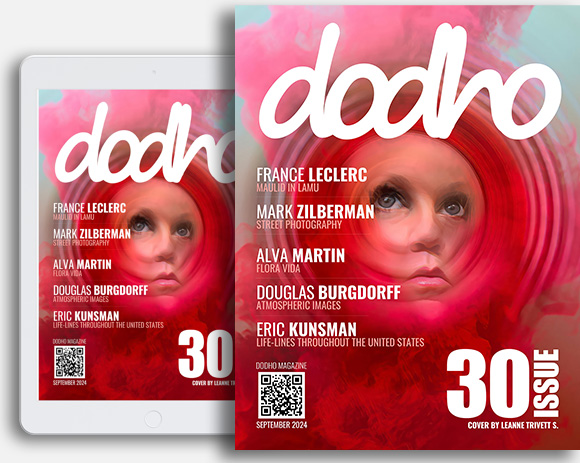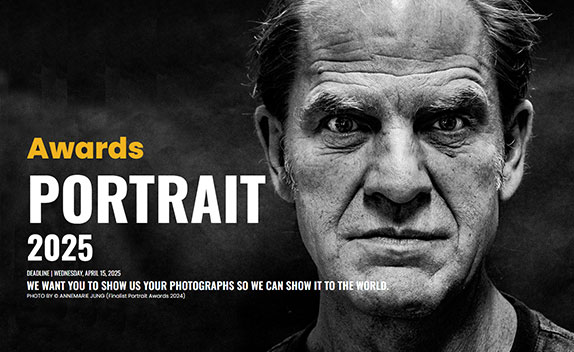More than 100 fortune tellers shops, located in this bare concrete building behind a taoist temple in Hong Kong. Alleys of good fortune with rows of shops spread over two floor levels. Tiny shops that have been decorated by the owners.
Converted into little offices where they are waiting patiently for clients to come by, shopping for good fortune. Customer’s life will be read to see when is good time to marry, finish that business deal, have a baby, buy that house, change jobs, get advise on health & family issues, … The fortune tellers have different backgrounds. For some the job is passed on from each generation to the next within a family. Others learn it from a Master or through other means. The future of the shops is uncertain however as finding someone interested to take over is getting more and more difficult. Additionally, there is the start of online fortune telling. In meantime, the more good fortune one still can provide, the better the business.
They offer mainly 4 types of fortune telling: face reading, palm (hand) reading, fortune sticks predictions, and bazi (based on numbers).
The series presents the fortune telling and the uniqueness of this old traditional business that goes back centuries. It delves into faith & superstition that still rules daily life in Asia in many ways. Fortune telling is part of that and plays an important role in Asian social and business culture. The art of fortune telling is highly respected. Fortune tellers are sought by everyone and they play a role in influencing the major decisions of an individual’s life.
In the end, fortune tellers do provide good service. They can be considered as counselors on all kind of personal or family issues or as management consultants on business matters. Their social role allows decisions to be taken more easily outside the normal surroundings and help people discuss and resolve issues. I’m currently completing a photo book on the fortune tellers for later this year. [Official Website]























